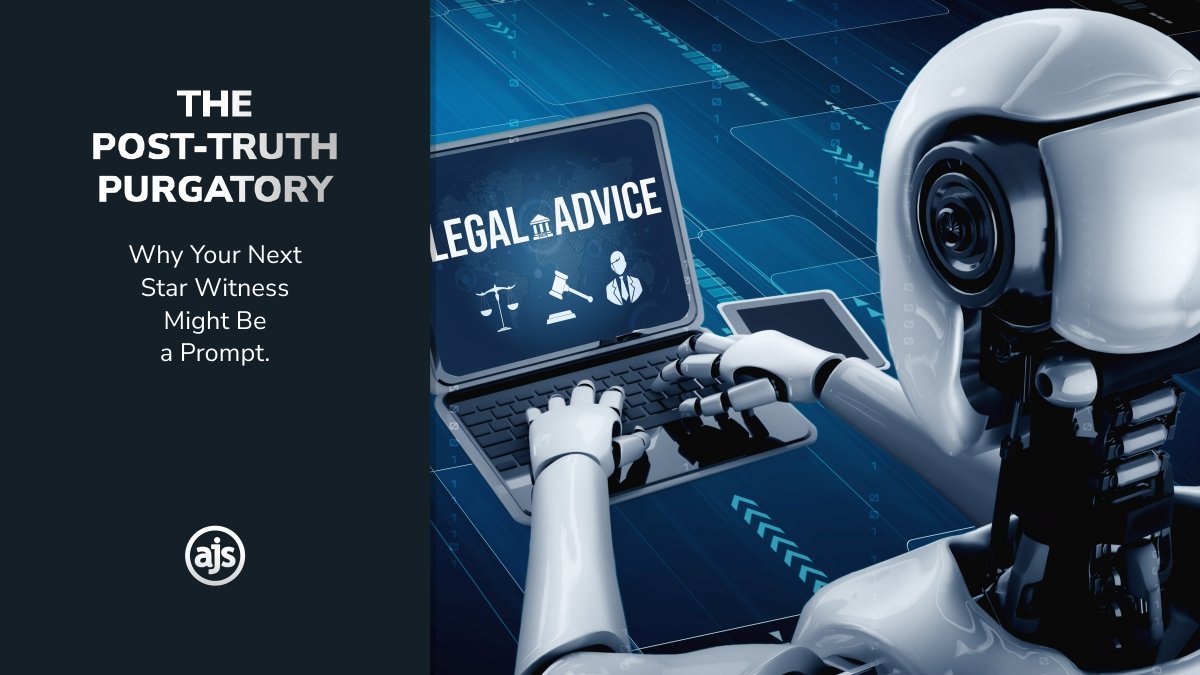
UNDERSTANDING TECH BUZZWORDS: Like Quantum Computing
QUANTUM COMPUTING
Have you ever watched ‘The Big Bang Theory”?
It’s a sitcom about four geniuses working at Caltech (in different fields). They hypothesise about black holes, string theory, quantum physics and quantum mechanics (to name only a few things) all whilst juggling social awkwardness and relationships. It’s quite a show.
The point of the minor synopsis of the sitcom is this – the idea of quantum physics or in our case quantum computing, seems like it’s better left to the Sheldon Coopers of this world – quantum physics makes him happy, apparently. Not something – for lack of a better description – lay people should worry themselves with.
And yet, here we are. Talking about quantum computing.
Because the world is moving fast – and the world of technology even faster. And in order to remain relevant, up to date, and informed we are now required to step into the shoes of the Sheldon Coopers of this world and apply our minds to topics that seem complicated and extremely technical.
But as always – we believe it’s worthwhile becoming acquainted with topics that may appear, at least at face value, out of our realms of understanding. Why? Well, it’s so easy to get misled by all the buzzwords out there like quantum computing, that most of the time you are taking providers at their word. Not really knowing any better yourself. This may be ok with the providers you know and can trust but what about the new guys on the block that promise you the world? How can you tell the smooth operators from the “keep their promisers”?
One way is to become well acquainted with buzzwords so that you can pick out the take-a-chance “sharks” from the noble (and trusted) workhorses.
And we thought we would help you out with understanding a few of those buzzwords yourself. So that you can decide what is best for you.
Take this week’s topic – quantum computing as an example.
What is quantum computing?
Before we get into the whats and hows of quantum computing, let us add that a lot of the information around quantum computing is centred around principles of quantum physics. These principles seem to be more theoretical in nature, offering insight into complicated topics rather than having real world application. At least for now that is. According to Caltech, “quantum computers will complement rather than replace our conventional technologies”.
With that said, let’s get into the what of quantum computing.
According to New Scientist –
“Quantum computers are machines that use the properties of quantum physics to store data and perform computations. This can be extremely advantageous for certain tasks where they could vastly outperform even our best supercomputers”.
Put slightly differently, understanding quantum computers comes with understanding how they work. And understanding how they work comes with understanding ones and zeros.
According to Caltech –
“Quantum computers share some properties with classical ones. For example, both types of computers usually have chips, circuits, and logic gates. Their operations are directed by algorithms (essentially sequential instructions), and they use a binary code of ones and zeros to represent information.
Both types of computers use physical objects to encode those ones and zeros. In classical computers, these objects encode bits (binary digits) in two states – e.g., a current is on or off, a magnet points up or down.
Quantum computers use quantum bits, or qubits, which process information very differently. While classical bits always represent either one or zero, a qubit can be in a superposition of one and zero simultaneously until its state is measured.
In addition, the states of multiple qubits can be entangled, meaning that they are linked quantum mechanically to each other. Superposition and entanglement give quantum computers capabilities unknown to classical computing.
Qubits can be made by manipulating atoms, electrically charged atoms called ions, or electrons, or by nanoengineering so-called artificial atoms, such as circuits of superconducting qubits, using a printing method called lithography”.
And the above is summarised by Investopedia as follows –
“Quantum computing has the capability to sift through huge numbers of possibilities and extract potential solutions to complex problems and challenges. Where classical computers store information as bits with either 0s or 1s, quantum computers use qubits. Qubits carry information in a quantum state that engages 0 and 1 in a multidimensional way”.
In other words, classical computers solve problems by using mathematical language in order to perform tasks like balancing spreadsheets and sending and receiving emails as well as downloading and transmitting live videos (whether this is on a computer, laptop, or smartphone) – all computational problems phrased (again) in mathematical language.
Quantum computing on the other hand solves problems phrased in abstract mathematics (Caltech, The Conversation).
Wait. What’s abstract mathematics?
According to Masterclass “abstract mathematics concerns theorems, algorithms, and other mathematical concepts and broad applications for practical use in the real world”.
What are the possible benefits and limitations of quantum computing?
According to Investopedia, quantum computing could find application in and contribute greatly to fields of security, finance, military affairs and intelligence, drug design and discovery, aerospace designing, utilities (nuclear fusion), polymer design, machine learning, artificial intelligence (AI), Big Data search, and digital manufacturing. Another area where quantum computing is expected to help is the environment and keeping water clean with chemical sensors.
The benefits include:
- “Financial institutions may be able to use quantum computing to design more effective and efficient investment portfolios for retail and institutional clients. They could focus on creating better trading simulators and improve fraud detection.
- The healthcare industry could use quantum computing to develop new drugs and genetically targeted medical care. It could also power more advanced DNA research.
- For stronger online security, quantum computing can help design better data encryption and ways to use light signals to detect intruders in the system.
- Quantum computing can be used to design more efficient, safer aircraft and traffic planning systems”.
And the limitations?
- The collapse of computations or errors found in them – a disturbance in the qubit environment can cause loss of information which leads to decay in the system later contributing to the collapse of computations.
- Unreliable computation – since qubits aren’t digital bits of data, they can’t benefit from conventional error correction solutions used by classical computers which makes quantum computation unreliable.
- Retrieving computational results can corrupt the data.
- Security and quantum cryptography is not yet fully developed.
- A lack of qubits prevents quantum computers from living up to their potential for impactful use.
- Quantum computers have a more basic structure than classical computers – they have no memory or processor and instead only use a set of superconducting qubits.
- Quantum computers are highly sensitive – heat, electromagnetic fields, and collisions with air molecules (known as quantum decoherence) can cause a qubit to lose its quantum properties, thereby resulting in the system crashing. This process happens more quickly the more particles that are involved (Investopedia, New Scientist).
Quantum computing and the legal sector
With quantum computing only recently coming into existence, it is a field that is still for the most part theoretical. In fact, it may be years before general-purpose quantum computers can be applied to a variety of practical problems. Especially in the legal sector. But law firms should keep their eye on the development of and applicability of quantum computing – it may prove to be crucial to the everyday practice of law as technology evolves and develops.
To further illustrate this fact and according to an article on LinkedIn titled Quantum Computing in the Legal Field: Revolutionizing the Practice of Law – quantum computing may have the following application in the legal sector –
1. “Enhancing legal research and case analysis – one of the primary areas where quantum computing can have a significant impact is in legal research and case analysis. Legal professionals often spend extensive hours searching through volumes of documents and precedents to build legal arguments. Quantum computing can vastly expedite this process by leveraging its ability to perform complex calculations and analyse vast amounts of data simultaneously. With its ability to handle complex algorithms and perform parallel processing, quantum computing can process and search through an extensive collection of legal documents in a fraction of the time it would take traditional computers. This enables legal professionals to extract relevant information and identify patterns, allowing them to build stronger cases and make more informed decisions.
2. Strengthening data privacy and security – data privacy and security are crucial aspects of the legal profession, and the introduction of quantum computing brings both challenges and solutions in this arena. Quantum computers have the potential to break conventional encryption algorithms, which could lead to the compromise of sensitive legal information. However, quantum computing also offers solutions to this very problem. The development of quantum encryption methods, known as quantum key distribution (QKD), can provide a secure framework for legal professionals to protect their clients’ confidential information. QKD uses the principles of quantum mechanics to establish secure communication channels, making it nearly impossible for third parties to intercept or decode the transmitted data. Implementing quantum encryption methods will undoubtedly fortify data privacy and security within the legal field.
3. Streamlining Contract Analysis and Management – contracts play a crucial role in the legal field, and the process of analysing and managing contracts can be time-consuming and prone to human errors. Quantum computing can streamline this process by automating contract analysis and management. Quantum algorithms can quickly analyse the terms and conditions of a contract, identify potential risks, and provide legal professionals with comprehensive insights. By automating this process, legal professionals can save valuable time and reduce the risk of error, ultimately enhancing efficiency and accuracy in contract management”.
When shopping around for your latest legal tech investment, don’t get hoodwinked by the overuse of technical buzzwords or empty promises of providing you the world – “Sure, we can help you with quantum computing” – because once you understand what the word means, you will know whether they are a smart investment or not.
(Sources used and to whom we owe thanks: New Scientist, IBM, Investopedia, The Conversation, Caltech and LinkedIn).
If you have any queries relating to legal tech and how you can incorporate it into your practice, get-in-touch and let’s see how we can take your software solution from good to phenomenal.
If you don’t have any software supporting your legal practice yet, it’s not a problem. We are here to help you from scratch too.
AJS – as always – has your back!
– Written by Alicia Koch on behalf of AJS





Leave a Reply